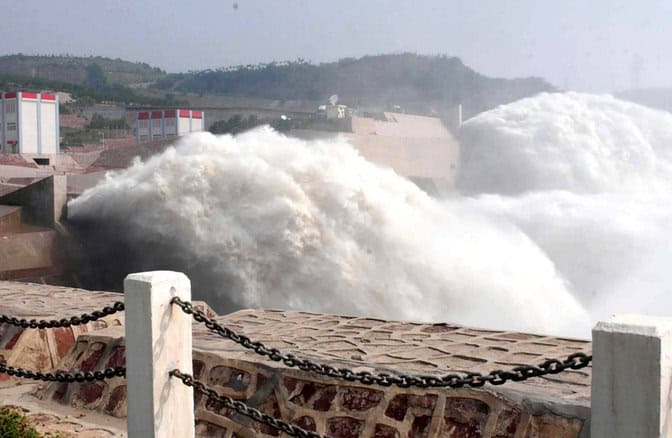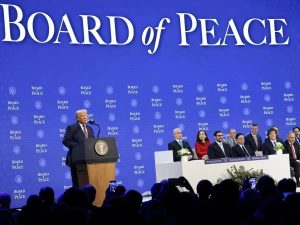BEIJING – As India, in its war hysteria after the Uri attack, considers revoking the Indus Water Treaty in bid to inflame Pakistan, China has already blocked a tributary of the Brahmaputra river in Tibet as part of the construction of its “most expensive” hydro project+, causing a serious concern in India as it may impact water flows into the lower riparian countries.
The Lalho project on the Xiabuqu river+ , a tributary of the Yarlung Zangbo (the Tibetan name for Brahmaputra), in Xigaze in Tibet involves an investment of 4.95 billion yuan ($740 million), Zhang Yunbao, head of the project’s administration bureau was quoted as saying by Chinese state-run Xinhua news agency on Saturday, The Hindu reported.
Read More:Stop daydreaming Indians: Five reasons why India cannot scrap Indus Water Treaty
From Xigaze, the Brahmaputra flows into Arunachal Pradesh.
Terming it as the “most expensive project”, the report said the project, whose construction began in June 2014, was scheduled to be completed in 2019.
It is not clear yet what impact the blockade of the river+ will have on the flow of water from the Brahmaputra into the lower riparian countries like India and Bangladesh as a result, it said.
Last year, China had operationalised the $1.5 billion Zam Hydropower Station, the largest in Tibet, built on the Brahmaputra river, which has raised concerns in India.
Read More:Uri attack’s aftershocks; PM Modi reconsiders Indus Waters Treaty with Pakistan
According to the outline of China’s 12th Five Year Plan, three are more hydropower projects on the mainstream of the Brahmaputra river in Tibet Autonomous Region have been approved for implementation.
“While there is no water treaty between the countries, India and China established an Expert Level Mechanism (ELM) on trans-border rivers and in October 2013 the two governments signed a memorandum of understanding on strengthening cooperation on trans-border rivers under which Beijing provides data to India on the water flows,” The Hindu stated.
Some of the rivers under the Indus water treaty originate in China.














